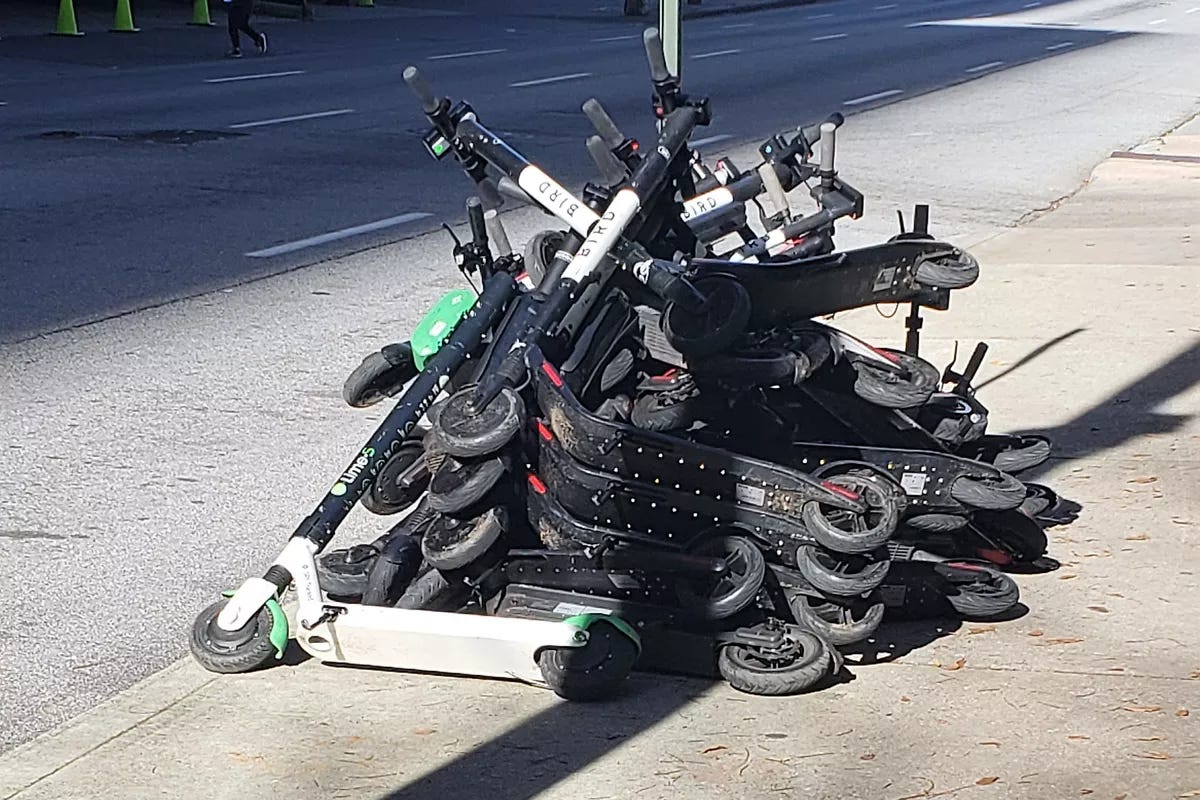Weekend Reading Vol. 8
Hello and welcome to Weekend Reading Volume 8. A few things covered this week: “Señorita”, by Shawn Mendes, seaweed-flavored Oreos, and subsidies for millennials.
The economics of streaming is changing pop songs (The Economist)
To change behavior, change incentives. This article highlights how the shift to streaming has changed the economics of the music industry, and consequently, the nature of pop music. Outside of music, many tech companies use their search ranking algorithm as a powerful tool. By increasing visibility or decreasing visibility for certain behaviors, they can nudge users an suppliers towards desired behaviors: “Streaming platforms like Spotify have reshaped the music business — and pop songs. The gist of it: songwriters now get to the good stuff sooner…Artists are paid per play — provided the listener stays tuned for at least 30 seconds…It helps to be included on a streaming company’s playlist. These account for roughly a third of all streams. Tracks are selected by opaque algorithms, but by analysing performance data you can work out what the bots like…Composers are adapting to what they think is being looked for. Hit songs are shorter. Intros have become truncated, says Mr Kalifowitz, “to get to the point a bit faster”. Choruses are starting sooner (see chart). Take this year’s most-streamed Spotify track. The first notes on “Señorita”, by Shawn Mendes, preview the refrain, which arrives 15 seconds in and is a fixture throughout the playing time of 3:10.”
America Is Losing the Chinese Shopper (WSJ $)
Entering new markets is hard. What works in one market can flop in another. The trade war dynamic is unique to China, but competition from local players is an issue global businesses deal with on a daily basis: “For years, American companies looked to China as a land of new opportunity. Now a new reality is settling in: The Chinese consumer isn’t about to save the day for Western brands…Foreign consumer brands now hold a smaller market share in the categories tracked by McKinsey & Co. than at any time since the global financial crisis…Market share losses were particularly evident in categories such as pet food, passenger cars, videogames, smartphones and appliances…Some Western brands have thrived by tweaking their products to make them feel more Chinese. After initially losing market share to an upstart Chinese coffee chain called Luckin Coffee that emphasized delivery counters and smartphone transactions, Starbucks Corp. has prioritized more local flavor, including opening a store in Tianjin in a historic building designed by a Chinese architect…Its results have improved in part because of initiatives that are similar to those of its local competitor — a large number of new locations, delivery service and stores for people “on-the-go.”…Many American companies miscalculated how difficult it would be to gain a permanent foothold.”
The mistakes that many US businesses made in China are also being made by Chinese businesses as they expand overseas. For more on this topic — and detail on how toilet paper purchase behavior in China differs from Vietnam — please see Weekend Reading Volume 3.
Millennial Urban Lifestyle Is About to Get More Expensive (The Atlantic)
Goodbye 50% off Uber promotions. Growth is nice, but what investors are ultimately seek is free cash flow. With the implosion of WeWork and the frosty reception that investors have given Lyft, Peloton, and Uber, many private business models are being scrutinized. With pressure for profitability growing, scooter rides around Austin and Lyft rides around Brooklyn are likely to become more expensive. All companies mentioned in this article have large offline components (cars, drivers contractors, scooters, hardware, etc), in stark contrast to pure online advertising business models like Facebook, Google, and Indeed which have inherently higher gross margins: “I don’t know if it makes sense, and I don’t know how long it’s going to last. Is there a better epitaph for this age of consumer technology? Starting about a decade ago, a fleet of well-known start-ups promised to change the way we work, work out, eat, shop, cook, commute, and sleep…But as their promises soared, their profits didn’t…If you wake up on a Casper mattress, work out with a Peloton before breakfast, Uber to your desk at a WeWork, order DoorDash for lunch, take a Lyft home, and get dinner through Postmates, you’ve interacted with seven companies that will collectively lose nearly $14 billion this year…This was never going to last forever. WeWork’s disastrous IPO attempt has triggered reverberations across the industry. The theme of consumer tech has shifted from magic to margins. Venture capitalists and start-up founders alike have re-embraced an old mantra: Profits matter. And higher profits can only mean one thing: Urban lifestyles are about to get more expensive.”




